June 9, 2014
The boardroom knows tech is important but leaves IT decisions to others, claims report
 There is a recognition within the boardroom of the importance of information and communications technology (ICT), but business leaders see tech as something for technology managers to worry about and many are unable to make effective decisions anyway because they are digitally illiterate (and some are proud of the fact). Those are some of the findings of a new report from Sunguard Availability Services, published in partnership with Professor Joe Peppard of the European School of Management and Technology in Berlin. The study claims that the growing strategic role of technology offers chief information officers (CIOs) a chance to elevate their position and drive the wider business agenda. But also that this can be held back by a lack of engagement, or even the boardroom taking no account of ICT whatsoever, with strategic IT alignment remaining an afterthought for many organisations.
There is a recognition within the boardroom of the importance of information and communications technology (ICT), but business leaders see tech as something for technology managers to worry about and many are unable to make effective decisions anyway because they are digitally illiterate (and some are proud of the fact). Those are some of the findings of a new report from Sunguard Availability Services, published in partnership with Professor Joe Peppard of the European School of Management and Technology in Berlin. The study claims that the growing strategic role of technology offers chief information officers (CIOs) a chance to elevate their position and drive the wider business agenda. But also that this can be held back by a lack of engagement, or even the boardroom taking no account of ICT whatsoever, with strategic IT alignment remaining an afterthought for many organisations.




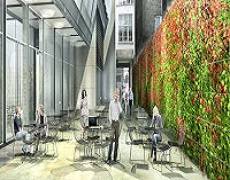


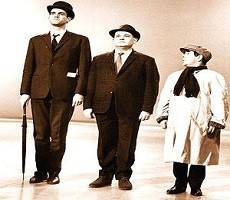


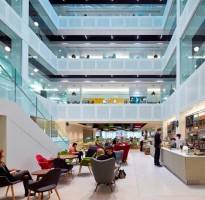

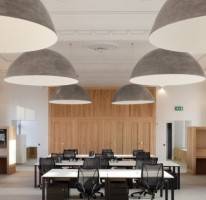
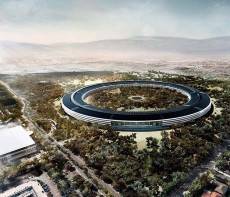










May 28, 2014
Money alone isn’t enough to attract and hold on to Gen Y employees
by Jessica Pryce-Jones • Comment, Flexible working, Workplace
More →